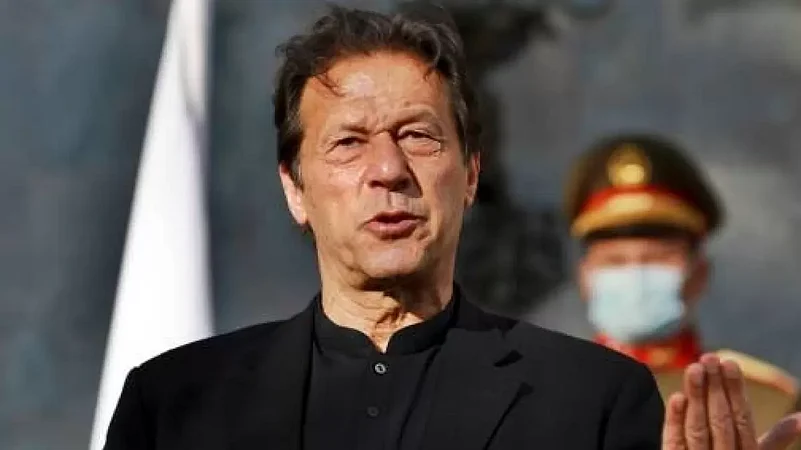Pakistan's cabinet, in a meeting chaired by Prime Minister Shehbaz Sharif, has endorsed the decision by the country's top security body to hold trials by military courts for individuals involved in attacks on key army installations. The move comes after widespread protests erupted following the arrest of former prime minister and Pakistan Tehreek-e-Insaf (PTI) party chairman Imran Khan on May 9. The violent demonstrations resulted in the loss of ten lives and left thousands injured.
The National Security Committee (NSC), in a meeting held on May 16, agreed that the protesters who vandalized and ransacked military installations would be tried under the Army Act and the Official Secrets Act. The cabinet's endorsement comes just days after the NSC and the Corps Commanders' Conference vowed to bring the perpetrators of the violent protests to justice.
During the protests, public and state properties were vandalized, and even the General Headquarters in Rawalpindi and the Lahore Corps Commander's residence were attacked. As a result, thousands of Khan's supporters were arrested. Pakistan's Army described the violence as a "dark day" in the country's history.
A cabinet minister, speaking on condition of anonymity, stated that no new military courts would be established for these trials. Instead, the accused would be tried in the "special standing courts" that are already operating under the military act. However, legal expert Colonel (retd) Inamur Rahiem mentioned that a formal notification from the defense ministry or the chief of army staff (COAS) would be required to establish or revive the special standing courts.
Once established, the special standing courts can function throughout the year, either in one city or in different cities. Previously, such courts were set up in Karachi's Malir area in 2005-2006 due to the law and order situation in the city. However, they ceased to operate when the Supreme Court ruled in the Shiekh Liaquat case that military courts were unnecessary since the country already had a functioning judicial system. Nevertheless, the high courts later upheld 98 percent of convictions from military court cases.
In addition to approving trials in military courts, the NSC emphasized the need for a political dialogue to resolve differences rather than confrontation. The decisions taken in the NSC meeting held on May 16 were ratified by the federal cabinet on Friday, according to an official statement.
According to the reports by Financial Express, On May 9, violent protests erupted in Pakistan following the arrest of former Prime Minister Imran Khan, which led to attacks on military installations, including Jinnah House in Lahore, the residence of the Corps Commander, and the General Headquarters (GHQ) in Rawalpindi. Imran Khan, who had been facing multiple cases since his ouster in April the previous year, claimed that the charges against him were politically motivated.
The conflict between the principal power centers in Pakistan—namely, the Army, Political Parties, and the Judiciary—has escalated further. The ruling coalition has expressed its discontent with the top judiciary and called for the removal of the Chief Justice, accusing him of favoring the former Prime Minister. The Supreme Court's order to release Imran Khan and provide him with protection has intensified the clash between the government and the judiciary.
The situation in Pakistan has become increasingly complex, with divisions within the Army, rising inflation, polarized politics, and a weaponized society. The nation is facing economic stagnation and challenges to its institutional harmony. Key individuals and institutions are called upon to prioritize national interests over personal ambitions and maneuverings to navigate through this crisis successfully.
(With PTI Inputs)


























